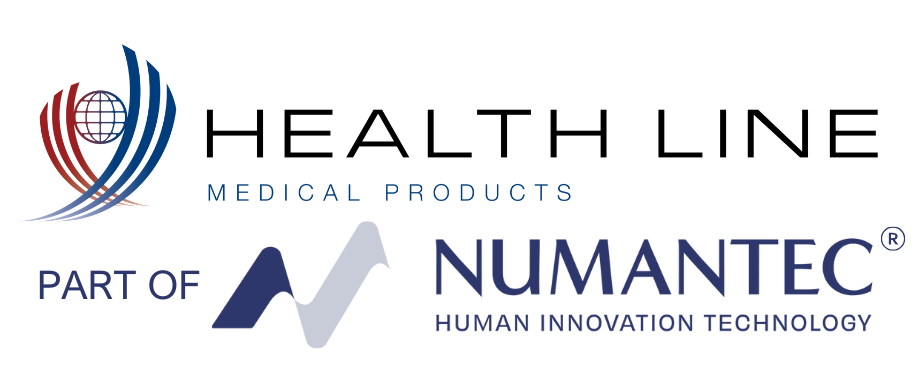As COVID-19 cases continue to surge, many are still searching for ways to alleviate the virus once contracted. Multiple studies are finding vitamin C, “has multiple pharmacological characteristics, antiviral, anti-oxidant, anti-inflammatory and immunomodulatory effects, which make it a potential therapeutic option in management of COVID-19”. Essential for growth, development and repair throughout the human body, vitamin C is shown to be the ideal nutrition marker for overall health. Because humans lack the enzyme required for ascorbic acid synthesis, it must be obtained through food or supplements.
Experts are finding in the worst cases of COVID-19, the virus worsens from an overreaction from the immune system called “cytokine storms”. “Cytokines have a direct role in the activation of anti-microbial effector functions but also provide the regulatory signals that specify, amplify, and resolve the immune response”. During the cytokine storm, various inflamed cytokines are produced at a higher rate than normal, resulting in an immune response that attacks healthy tissue and creates high levels of inflammation. In the worst cases, it could even lead to respiratory issues and other health concerns.
On the contrary, with adequate levels of vitamin C in the body, research is showing improved antiviral immune defense and adrenal function. This leads to the promise that it can also relieve inflammation and oxidative stress during the COVID-19 virus.
Intravenous Vitamin C Therapy
Early studies are showing vitamin C infusion therapy produces higher blood concentrations of ascorbate than oral administration vitamin C, making the argument that IV infusion is a more effective way to consume vitamin C. High doses of vitamin C can act as a prooxidant for immune cells and as an antioxidant for lung epithelial cells. Through IV infusion, it allows higher concentrations of vitamin C to activate its immunomodulating properties, and work on the immune system directly by turning down some proteins and turning up others. Given the effects, vitamin C supplementation is observed to reduce the length of ICU stay, shorten the ventilation time in critical COVID-19 patients, and reduce sepsis patients’ mortality requiring vasopressor treatment.
Here at Health Line, we manufacture and distribute high-quality, affordable IV administration sets trusted by healthcare providers worldwide. We offer DEHP-free IV Administration Primary Sets with multiple Y-site connection options that are gravity and pump compatible. Our IV tubing allows for a safe, reliable infusion therapy session, every time.
Call or email to set up a sample shipment 801.773.7798 | customerservice@hlic.net
If you are sick with COVID-19 or think you have COVID-19, please refer to the Centers for Disease Control and Prevention (CDC).
Health Line International Corp. is not responsible for any errors, omissions, injury, loss, or damage arising from or relating to the use (or misuse) of any information, statements, or conclusions contained in or implied by the contents of this document or any of the source materials. This content is not intended to replace professional medical advice.
References
Boretti, Alberto, and Bimal Krishna Banik. “Intravenous Vitamin C for Reduction of Cytokines Storm in Acute Respiratory Distress Syndrome.” PharmaNutrition, Elsevier B.V., June 2020, www.ncbi.nlm.nih.gov/pmc/articles/PMC7172861/.
Mangalmurti, Nilam, and Christopher A. Hunter. “Cytokine Storms: Understanding COVID-19.” Immunity, Cell Press, 28 June 2020, www.sciencedirect.com/science/article/pii/S1074761320302727.
Zelman, Kathleen M. “Vitamin C Benefits, Sources, Supplements, & More.” WebMD, WebMD, 12 Sept. 2020, www.webmd.com/diet/features/the-benefits-of-vitamin-c.

2 Comments
Thankyou for sharing the information about vitamin therapy. you have explained very well about vitamin therapy.
Have you ever try Simple IV vitamin therapy for the therapy.Simple IV therapy is the best therapy.
i hope you will share more information about therapy.
Thankyou.
IV infusion is a more effective way to consume vitamin C, that’s true!